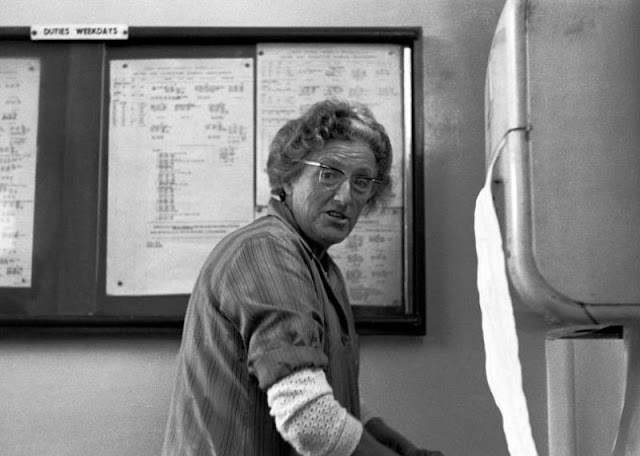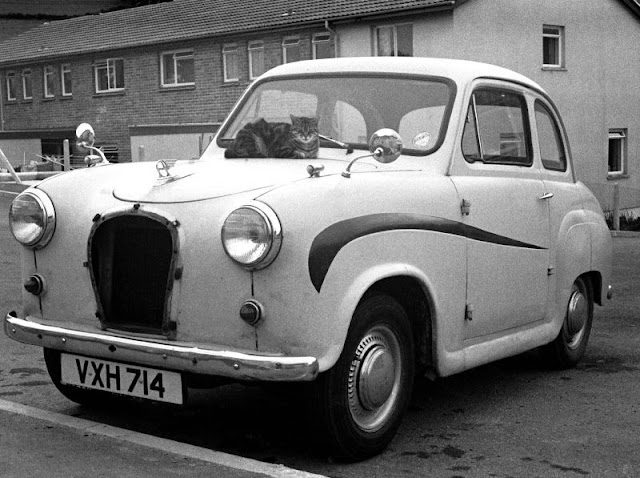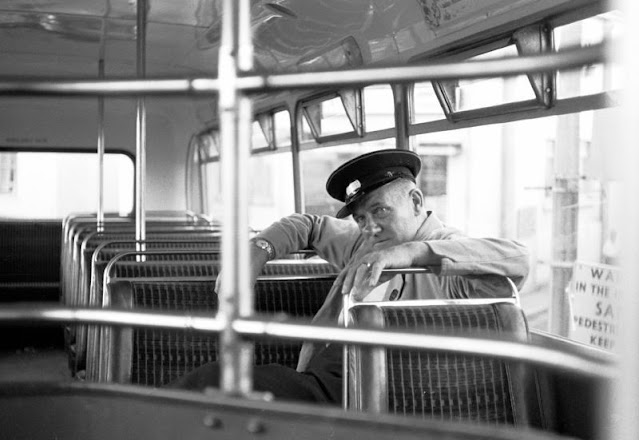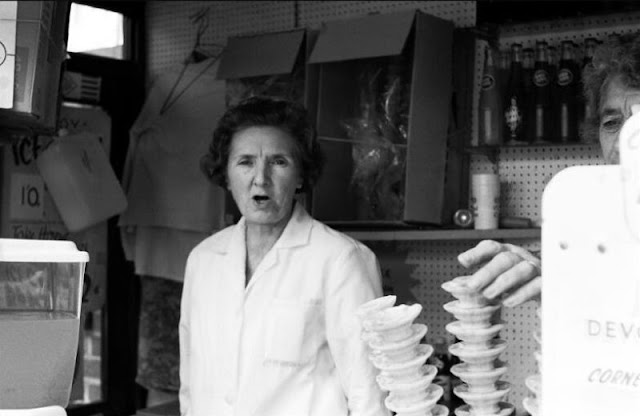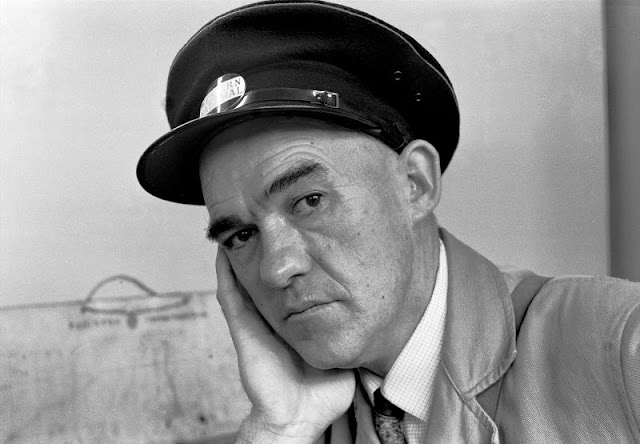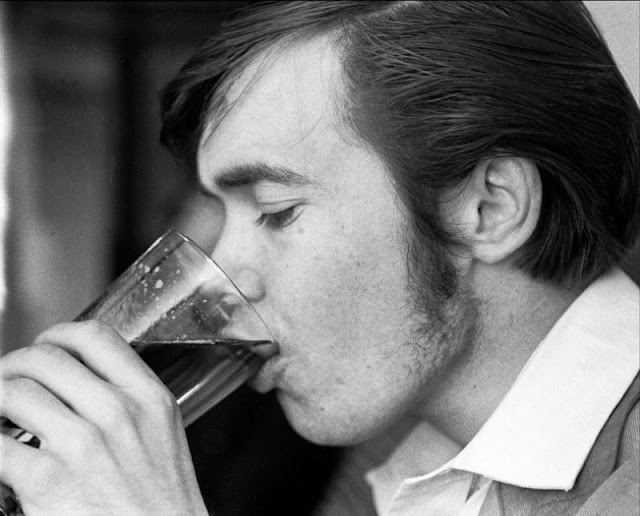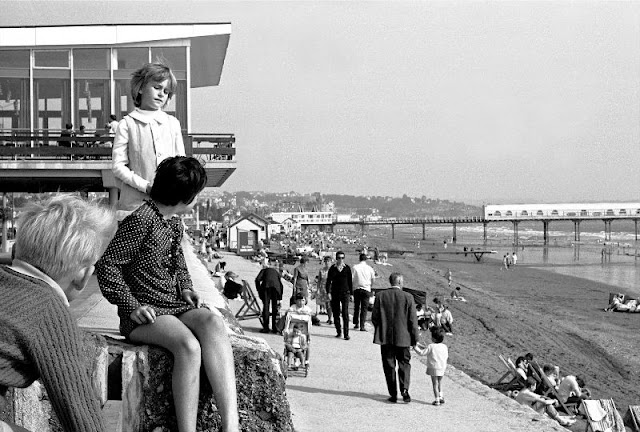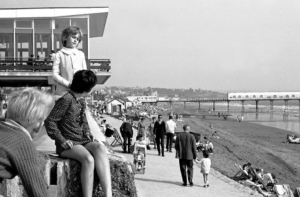
Devon is a county in South West England, reaching from the Bristol Channel in the north to the English Channel in the south. It is bounded by Cornwall to the west, Somerset to the north-east and Dorset to the east. The county includes the districts of East Devon, Mid Devon, North Devon, South Hams, Teignbridge, Torridge and West Devon and the city of Exeter, its county town.
The north and south coasts of Devon each have both cliffs and sandy shores, and the county’s bays contain seaside resorts, fishing towns and ports. The inland terrain is rural, generally hilly and has a lower population density than many other parts of England. In the valleys and lowlands of south and east Devon the soil is more fertile, drained by rivers including the Exe, the Culm, the Teign, the Dart and the Otter.
As well as agriculture, much of the economy of Devon is based on tourism. The comparatively mild climate, coastline and landscape make Devon a destination for recreation and leisure in England. Visitors are particularly attracted to the Dartmoor and Exmoor national parks; its coasts, including the resort towns along the south coast known collectively as the English Riviera; the Jurassic Coast and North Devon’s UNESCO Biosphere Reserve; and the countryside including the Cornwall and West Devon Mining Landscape.
These fascinating photos are from “On the Buses, Devon, 1970” photo series that were taken by London-based photographer Norman Craig:
“What better summer job can you get? Riding around in buses, talking to people, sun shining – marvelous. People and buses from the Western National Omnibus Company, working out of Totnes bus garage and going as far afield as Paignton, Stoke Gabriel, Buckfastleigh and even Plymouth (but only on Sundays)”


